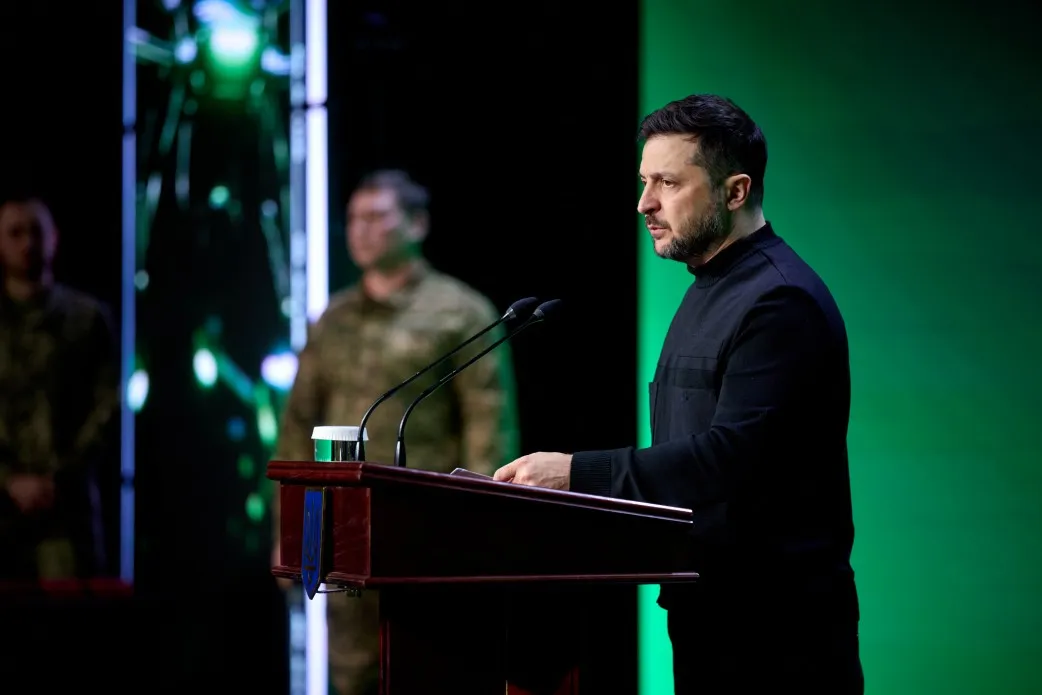Royal United Services Institute (RUSI) Senior Research Fellow Ed Arnold poses on RUSI’s website that, “Due to the transatlantic political volatility, there is a real opportunity for the U.K. to increase its leadership role within NATO.” This will require the United Kingdom to move up the date for when it goes to war against Russia and China, and to flex its nuclear arsenal to move all of NATO to embrace a stronger “nuclear deterrent"—which can trigger nuclear war.
The two-century-old RUSI defines itself as “the world’s oldest and the U.K.’s leading defense and security think tank.”
In his July 12 article “The 2024 NATO Washington Summit: A Pre-Storm Gathering?” Arnold sees an important shift coming out of the July 9-11 Washington NATO summit: “Surprisingly, the language on China is now much stronger than at previous summits, with Beijing now labelled a ‘decisive enabler’ of Russia’s war in Ukraine. The [[Washington Summit] declaration](https://www.nato.int/cps/en/natohq/official_texts_227678.htm) states that ‘The P.R.C. cannot enable the largest war in Europe in recent history without this negatively impacting its interests and reputation,’ which is a significant step for the Alliance in calling out its hostile intent.” This is a pivot that will extend NATO as an intervener creating conflict throughout Asia.
Arnold also describes that the summit started to give NATO the ability to become an institution to escalate military production. Though he doesn’t use these words, it will facilitate a Schachtian military-economic build-up for NATO and for NATO members. Arnold says, “defense industrial cooperation was a focal point, with a separate ‘NATO Industrial Capacity Expansion Pledge’ published alongside the main declaration, which will be critical in restocking NATO militaries as quickly and as efficiently possible, together with ensuring long-term industrial support to Ukraine.” (See also slug on the Industrial Capacity Expansion.)
In a section on “U.K. Leadership,” Arnold writes, “Due to the transatlantic political volatility, there is a real opportunity for the U.K. to increase its leadership role within NATO. Indeed, it is likely to be necessary.” This would permit NATO to grow as a supranational institution, as presaged by the shift of its military command running the Ukraine war from the Ukraine Defense Contact Group, based in Ramstein, Germany, directed under a U.S. three-star general, to a NATO-directed command in Wiesbaden.



